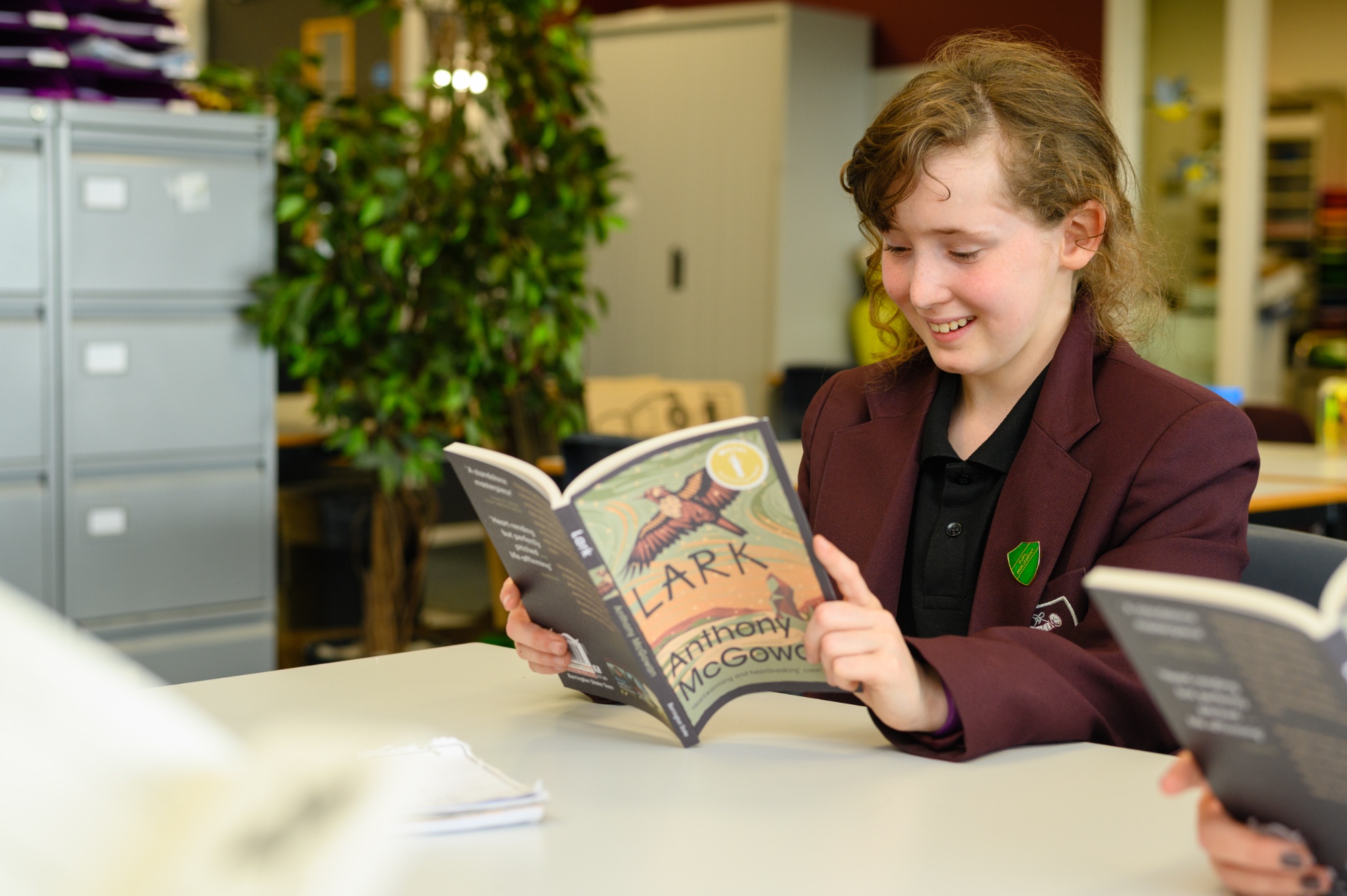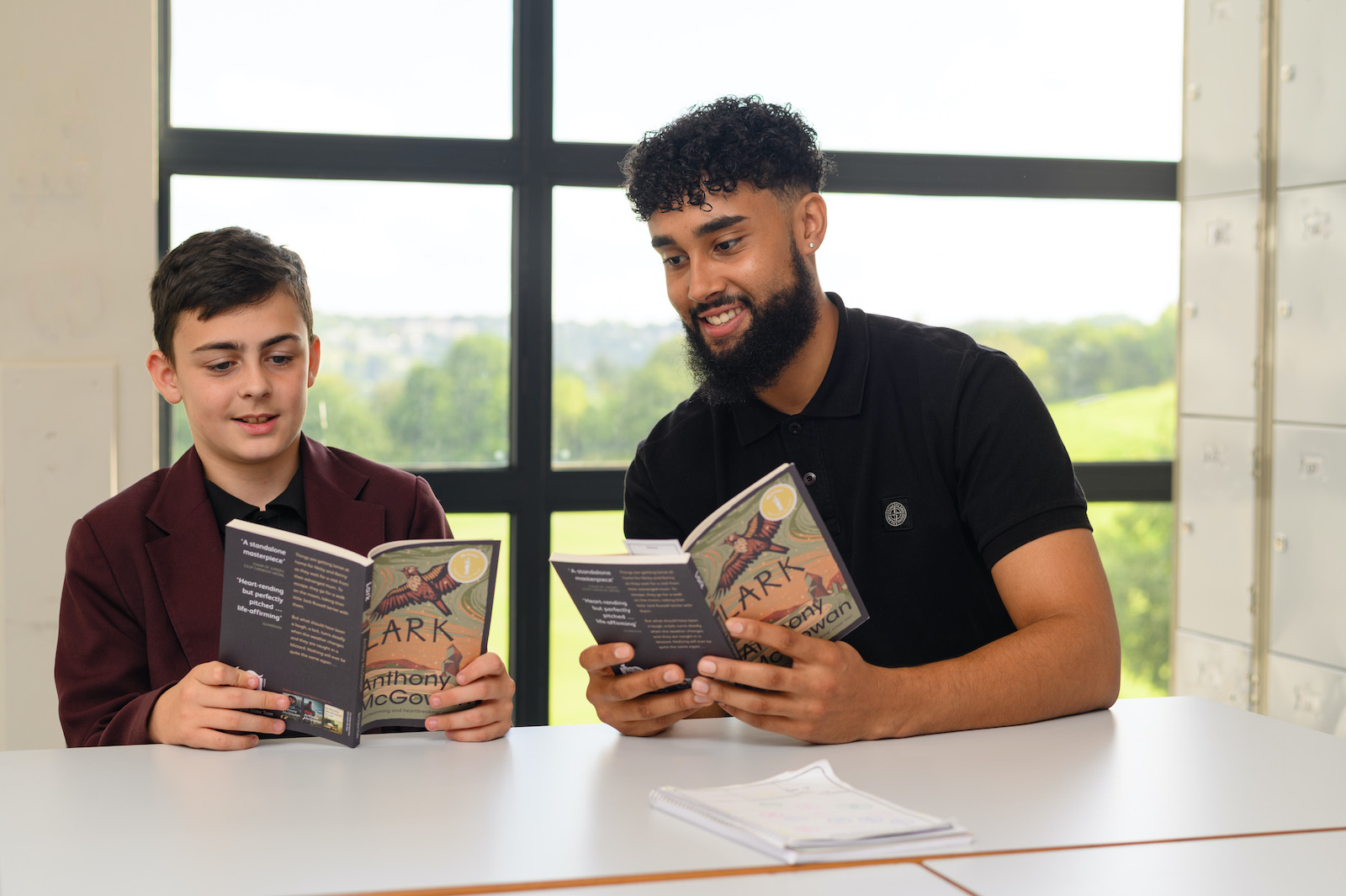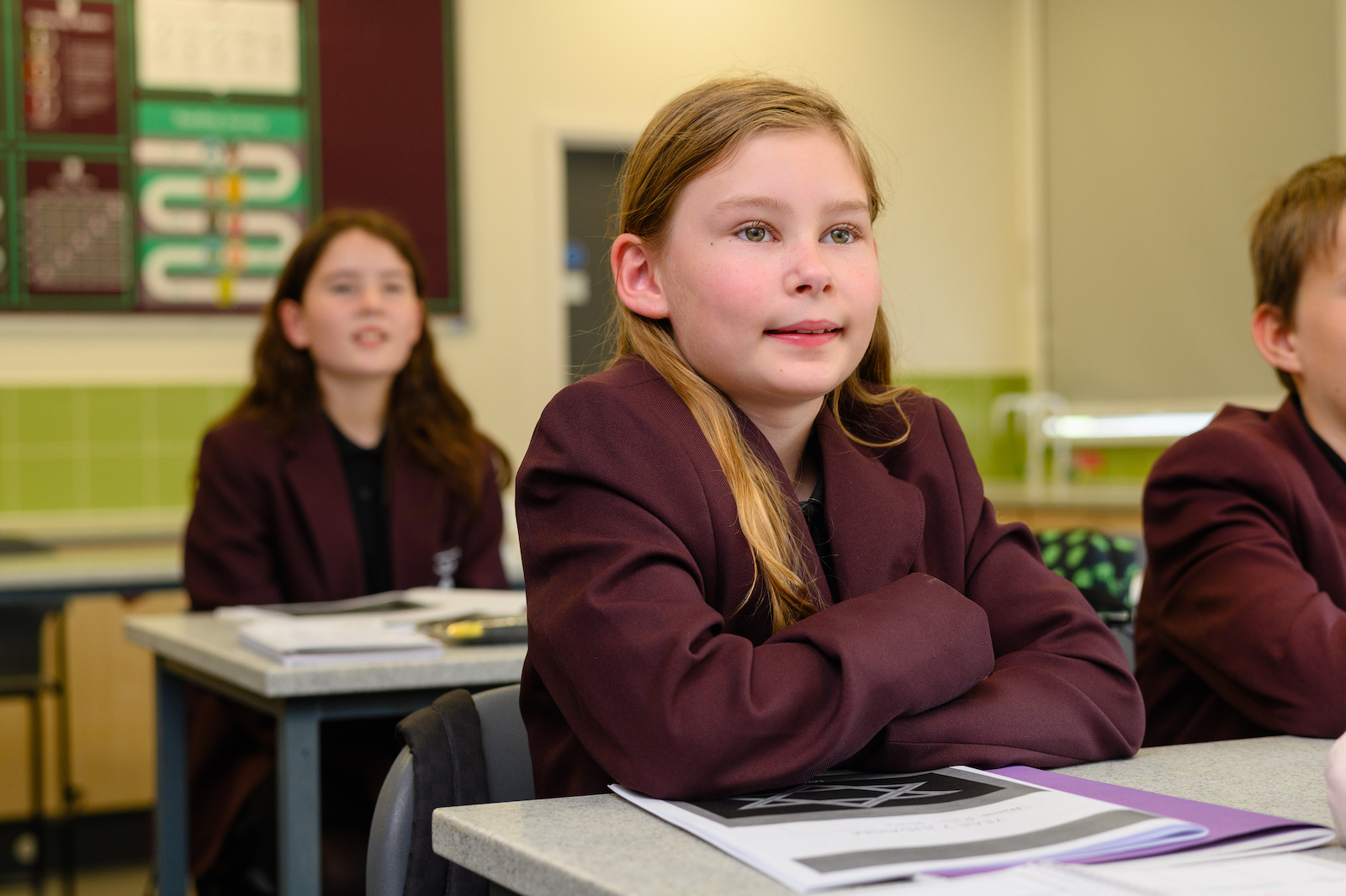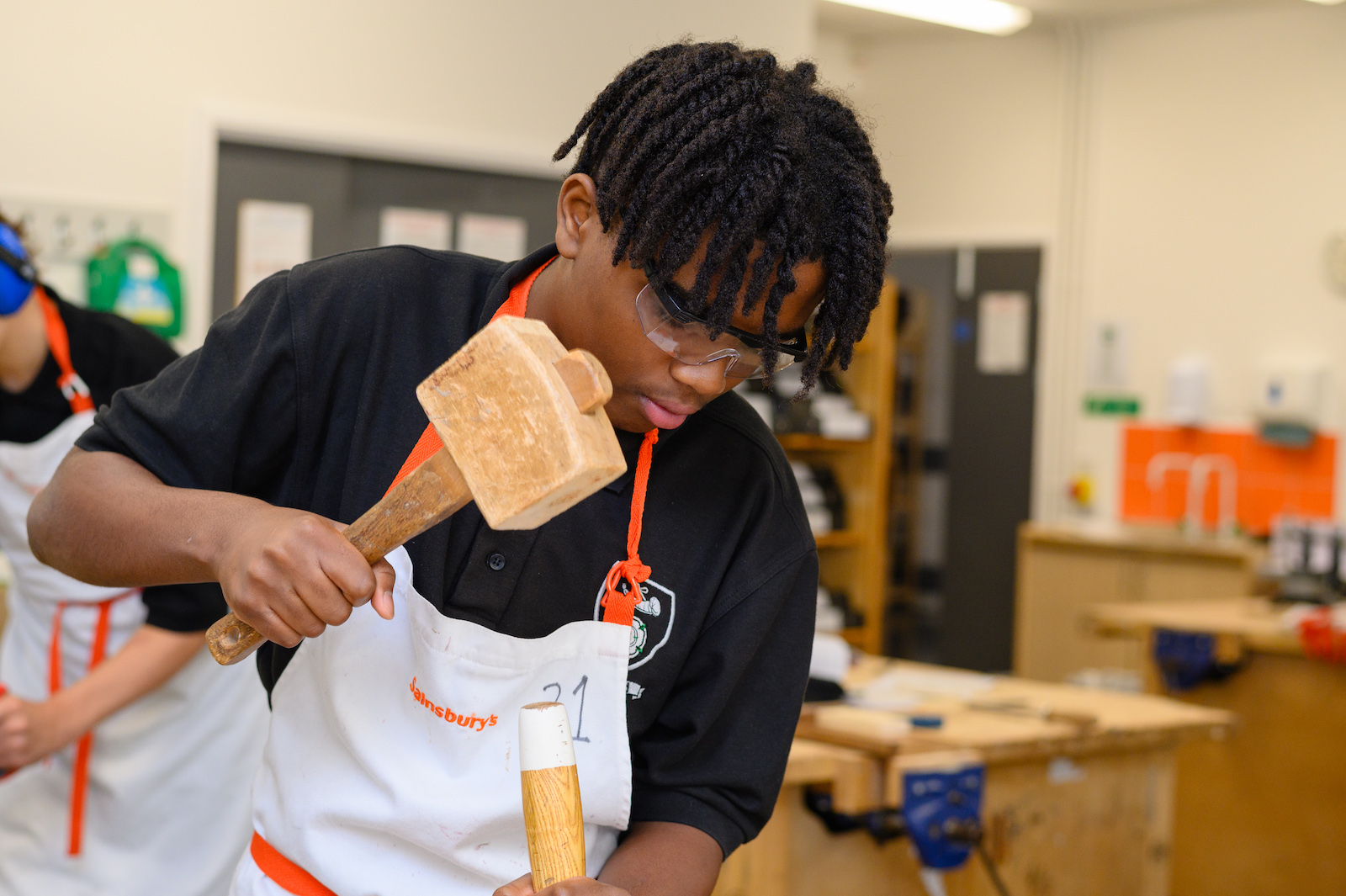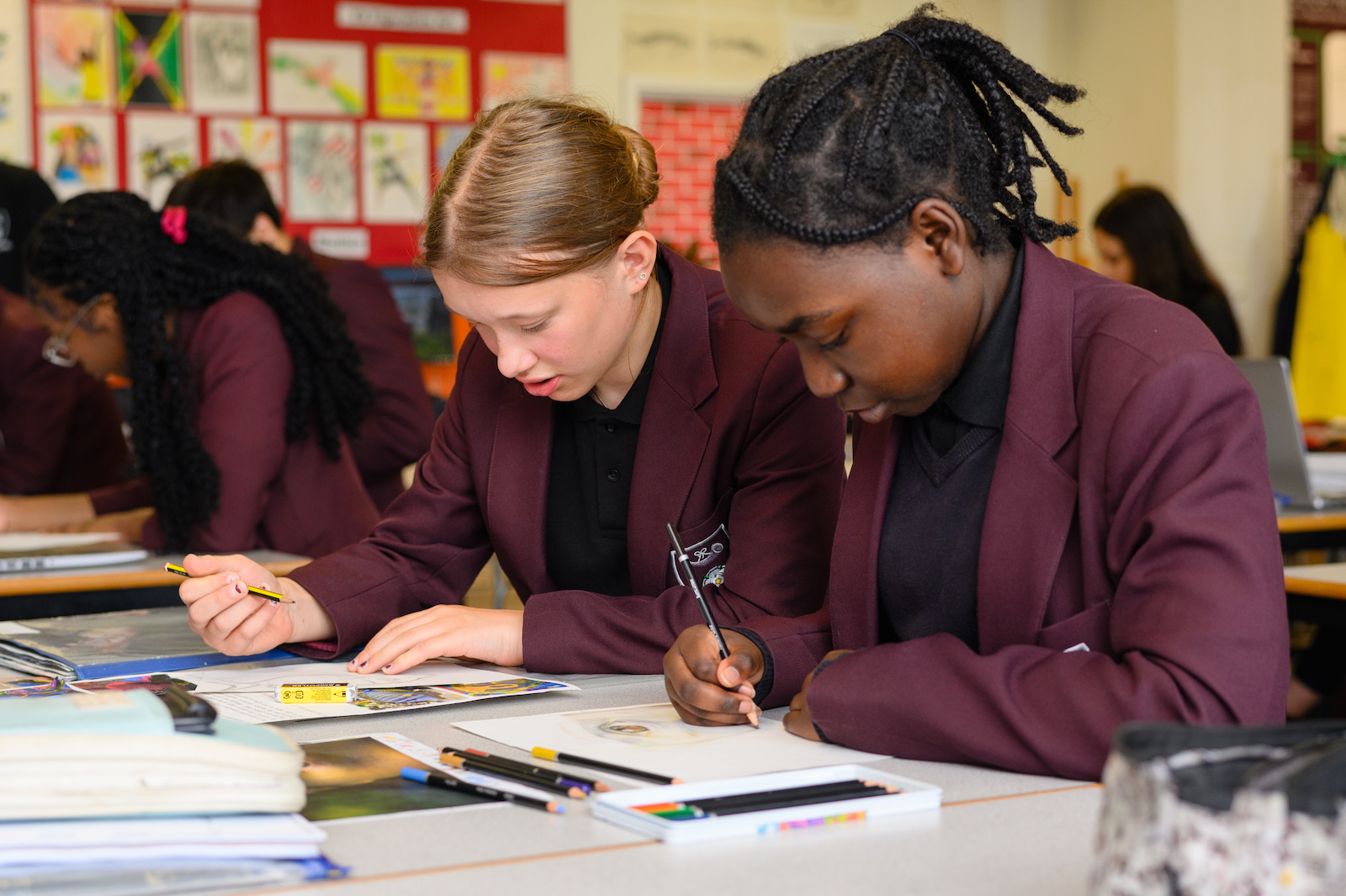Music
The Newfield Music Curriculum aims to engage and inspire students to develop a love of music and their talent as musicians, and so increase their self-confidence, creativity and sense of achievement.
Newfield School believes that music is a universal language that embodies one of the highest forms of creativity. Our high quality inclusive music provision endeavours to ignite our students’ passion for the Performing Arts and cultivate independence, collaboration and expression.
As students progress, they should develop a critical engagement with music, allowing them to compose, and to listen with discrimination to the best in the musical canon.
'Music is a more potent instrument than any other for education' Plato
Music Department Key Principles
The music curriculum aims to ensure that all students perform, listen to, review and evaluate music across a range of historical periods, genres, styles and traditions, including the works of the great composers and musicians.
All students learn to sing and to use their voices, to create and compose music on their own and with others, have the opportunity to learn a musical instrument, use technology appropriately and have the opportunity to progress to the next level of musical excellence.
Students gain understanding and explore how music is created, produced and communicated, including through the inter-related dimensions: pitch, duration, dynamics, tempo, timbre, texture, structure and appropriate musical notations.
Expected Outcomes
By the end of Key Stage 3, students are expected to know, apply and understand the matters, skills and processes specified in the programme of study.
Students build on their previous knowledge and skills through performing, composing and listening. They develop their vocal and/or instrumental fluency, accuracy and expressiveness; and understand musical structures, styles, genres and traditions, identifying the expressive use of musical dimensions.
Students listen with increasing discrimination and awareness to inform their practice as musicians. They use technologies appropriately and appreciate and understand a wide range of musical contexts and styles.
Students are taught to play and perform confidently in a range of solo and ensemble contexts using their voice, playing instruments musically, fluently and with accuracy and expression.
Students are able to :
- Improvise and compose; and extend and develop musical ideas by drawing on a range of musical structures, styles, genres and traditions.
- Use staff and other relevant notations appropriately and accurately in a range of musical styles, genres and traditions
- Identify and use the inter-related dimensions of music expressively and with increasing sophistication, including use of tonalities, different types of scales and other musical devices
- Listen with increasing discrimination to a wide range of music from great composers and musicians
- Develop a deepening understanding of the music that they perform and to which they listen, and its history.
Students progressing to KS4 will study GCSE Music. The course continues to focus on developing and applying the musical knowledge, understanding and skills acquired at KS3 to ensure students form a personal and meaningful relationship with music. They will be encouraged to engage critically and creatively with a wide range of music and musical contexts, and reflect on how music is used in the expression of personal and collective identities.
The subject content is divided into three components:
• Understanding music • Performing music • Composing music.
The Key Stage 4 curriculum is designed to enhance and refine the practical abilities of students; they are required to produce their own original pieces of work as well as stage and creatively realise the work of others.
The Key Stage 4 curriculum is developed to ensure students are as successful as possible in their examined components by giving students the opportunity to partake in mock components of each of the exam units prior to final performances and written examinations.
The Newfield curriculum supports progression to further and higher education in Music and related subjects, and provides all students with a platform to inspire a lifelong interest and enjoyment in Music.

